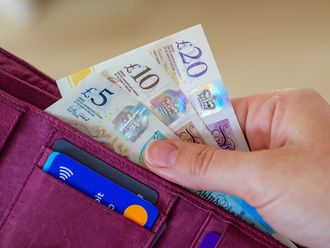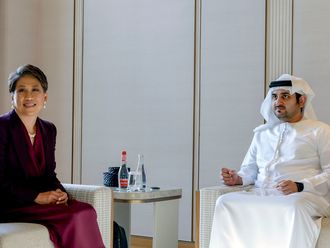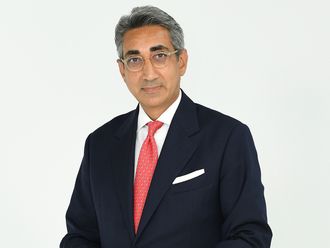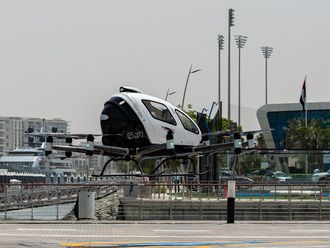Saudi Arabia, which has the largest economy in the GCC, has made significant progress in capital market reform over the past two years, along with having launched its Vision 2030 and a more focused National Transformation Program (NTP) 2020. This transformation has been spearheaded right from the top, under the leadership of the Crown Prince Mohammed bin Salman. Reforms are happening simultaneously on several fronts with the aim of broadening economic diversification and increasing the ease of doing investments in the Kingdom and into its capital markets.
Earlier this year, the Saudi Stock Exchange (Tadawul) was named by MSCI to the organisation’s Emerging Market Index Watch List and there seems to be broad consensus that a decision on MSCI inclusion will be taken in mid-2018 and addition will follow in mid-2019. It is interesting to note that even as late as mid-2015 foreigners investing in Saudi Arabia’s capital market could only do so through Swaps, which were restrictive, complicated and expensive. However, over the past two years, Saudi Arabia has undertaken several reforms to allow qualified financial institutions to directly invest into its capital markets and recently these rules have been further simplified to encourage more international, institutional investors to participate. In addition, the capital markets regulator has changed the settlement cycle to T+2, established a Delivery versus Payment model and adopted a Global Industry Classification Standard (GICS). Such reforms, along with the strengthening of the corporate governance framework, have enabled international index compilers (such as MSCI and FTSE) to seriously consider the largest capital market in MENA to be included as an emerging market.
Inclusion in MSCI and FTSE (to be considered in March 2018) could lead to inflows of several billions of dollars into Tadawul – not only through passive funds but also much higher inflows from active funds that track these indices. The size of inflows will depend on the absolute value of funds tracking MSCI and FTSE at the time of addition and Tadawul’s market capitalization. In fact, Saudi Aramco’s potential IPO could have a material impact on the weighing of Saudi Arabia in these indices; considering that Aramco’s market capitalisation is expected to be more than a trillion dollars. In February 2017, the Saudi market regulator successfully introduced a parallel equity market (Nomu) for qualified investors, which provides an alternative platform for companies to list due to its lighter listing requirements.
While the recent reforms and developments in the capital markets have been commendable, what is equally important is the health and future of the real economy. Capital markets finally reflect the broader economy and the direction in which it is heading. Accordingly, the ongoing reforms through NTP 2020 and towards Vision 2030 are equally important. Over the past two years, the Kingdom has laid out a clear road map on measures to be taken to diversify its economy, encourage private sector participation and create millions of jobs for its youth, which comprise the majority of its population.
Such a road map is paramount in an era where oil prices are expected to remain below USD 70-80 levels for an extended period: the Kingdom needs to have alternative sources of revenue to balance the budget. Introduction of expat dependent tax, higher expat levies, sin taxes and expected introduction of VAT from 2018 are all measures being taken to boost its non-oil revenues. Furthermore, tough decisions are being taken on costs to remove excesses in the system, prioritizing projects and removing unnecessary subsidies. The recent anti-corruption purge can also check leakages within the system, enabling more productivity from each dollar being spent. The expected creation of ‘citizen’s account’ will credit a fixed monthly stipend to families based on their income with the objective to redistributing benefits to the most deserving households. This is a step in the right direction before more reforms, particularly on the energy sector, are introduced.
However, undertaking such a major transformation has its own set of challenges, as was witnessed when the Saudi government reinstated benefits to civil servants and military personnel in April 2017, after cutting them in September 2016 as part of the austerity measures. This reversal was possibly done to alleviate the stress on disposable income and spending as a result of the cuts. Nevertheless, this appears to only be a hiccup and with the recent announcement that Saudi Arabia plans to build a USD 500bn futuristic city, Neom, there appears to be a clear vision to propel the Kingdom into a better and more sustainable future. The key challenge will be executing these initiatives and only time will tell how successfully this can be done.
into a better and more sustainable future. The key challenge will be executing these initiatives and only time will tell how successfully this can be done.
Nishit Lakhotia is CFA, Member of CFA Society Bahrain.












